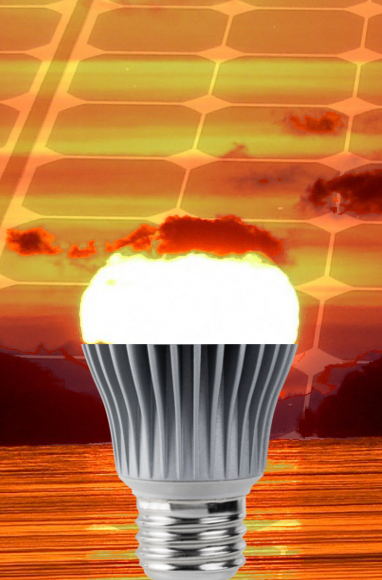Clean tech brings dawn of low demand

Everyday Australians are driving down demand for electricity at a fairly high rate, as rooftop solar and energy-efficient devices take hold.
Analysts say electricity consumption in Australia declined by about 13 per cent in the last four years.
About half of the decrease in consumption has come from the closure of high-energy aluminium smelters and car factories, but the rest has been pinned to people power.
Around 25 per-cent of South Australian houses and 20 per-cent of Queensland homes have rooftop solar installations, and retailers say energy-efficient household appliances including fridges, LED TVs and light bulbs are driving down consumption too.
This downward trend is expected to increase, as new advance in battery technology allow more people to generate and store more of their own electricity.
But the energy-efficiency drive is not universally beneficial.
Energy research group the Australian Solar Institute says over-investment in state-owned electricity distribution networks could be wasted.
“We've just spent more than $50 billion upgrading networks, some of which may not be useful going forward, and they may end up being stranded assets,” the Solar Institute’s Dr Muriel Watt told the ABC.
But she says the solar boom could send the traditional energy industry into a “death spiral”, which could leave remaining customers being charged more.
Dr Watt said this would see more people to switch to solar, despite advantageous feed-in tariffs and other subsidies no longer applying.








 Print
Print